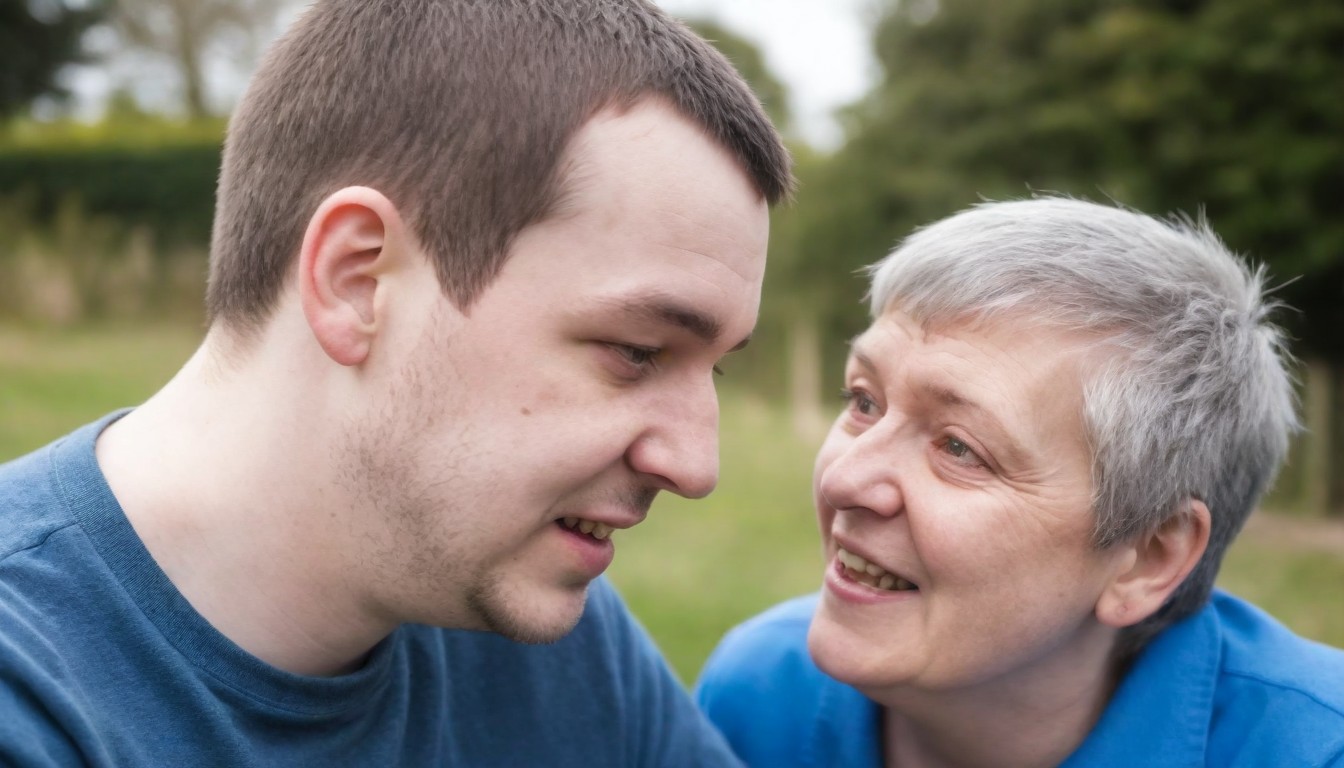Understanding how to keep information private when helping people with autism in health and social care is very important. It’s about making sure their personal details are safe, they get the right care, and they’re treated with respect.
This follows rules like the General Data Protection Regulation (GDPR), the Health and Social Care Act, and professional guidelines.
Here’s a simple guide on the principles of confidentiality in relation to supporting individuals with autism:
Keeping Things Private
Why is it important?
Everyone deserves their privacy. This means only those who really need to know about someone’s health or personal life should have access to that information.
Getting Permission First
What does this mean?
Before sharing any details about someone with autism, you must ask them or their legal guardian for permission. Make sure they understand what you’re asking.
Share Only What You Need To
How much should be shared?
Only share the least amount of information needed for a specific purpose to protect someone’s privacy.
Keeping Information Safe
How do we protect data?
Store all personal details securely following GDPR rules. This helps prevent unauthorised access or loss of data.
Professional Behaviour
What should professionals do?
Healthcare workers must follow codes that tell them how to handle private information correctly, including knowing when it’s okay to share concerns for safety reasons.
When Safety Comes First
Can confidentiality ever be broken?
Sometimes, if it’s necessary to keep someone safe or protect others, but there needs to be a strong reason for doing so.
Teaching Staff
Why is training important?
All staff should regularly learn about why keeping information safe is crucial and how breaches can affect everyone involved legally.
Working Together With Families
Should families be involved?
Yes, working closely with families while still protecting privacy ensures better support for individuals with autism.
Empowering Individuals
How does understanding rights help?
When people with autism know their rights regarding their own information, it supports their independence and respect.
Checking How We’re Doing
Why review practices?
Regularly checking policies and conducting audits makes sure everyone follows the rules properly.
Legislation
To keep private information safe for people with autism in the health and social care sector, professionals must follow several important laws.
These laws help protect personal details, ensure privacy, and guide how to treat individuals respectfully and ethically.
Here are some of the main laws related to keeping information confidential for people with autism:
- Data Protection Act 2018 (DPA 2018): This law includes rules from the GDPR into UK law about handling personal data. It explains how to manage personal information correctly and gives people rights over their data.
- Human Rights Act 1998: This act protects private life, supporting the need to keep personal information secret. It stops public bodies from breaking these privacy rights without a good reason.
- Health and Social Care Act 2012: Sets up how health and social care services should work in England. It talks about keeping patient information private, especially within health services.
- Mental Capacity Act 2005: Important for those with autism who might not make some decisions themselves. It shows how to make choices for others respectfully, keeping their rights and secrets safe.
- Children Act 1989 (and update in 2004): Focuses on children’s care and protection by putting their needs first. It covers how to handle sensitive information about children who need help or are at risk.
- Freedom of Information Act 2000: Mainly about letting people access public info but also protects individual privacy by setting limits on sharing personal details.
- The Care Act 2014: For adult social care in England, outlining duties of caring for adults while protecting their privacy during assessments or when planning services.
- Equality Act 2010: Not directly about confidentiality but ensures fair treatment for everyone, including those with autism which affects handling of their personal info too.
- Access to Health Records Act: Allows individuals access to own records subject certain conditions safeguarding confidentiality significant autistic persons wishing view or legally acting behalf.
In short, keeping things confidential when supporting individuals with autism involves respecting privacy laws while balancing safety needs. It requires clear communication between healthcare providers as well as proper consent from guardians where necessary—all aimed at creating a secure environment that respects each individual’s dignity.




